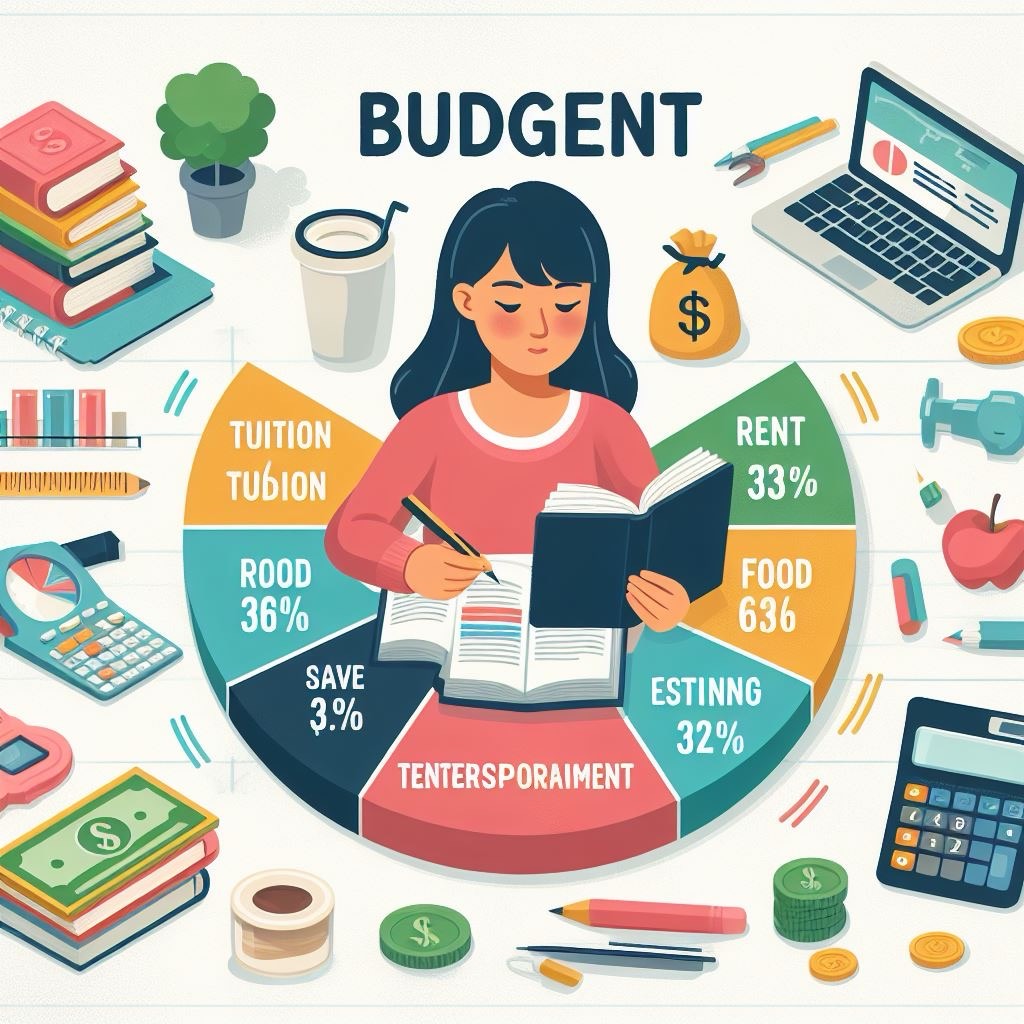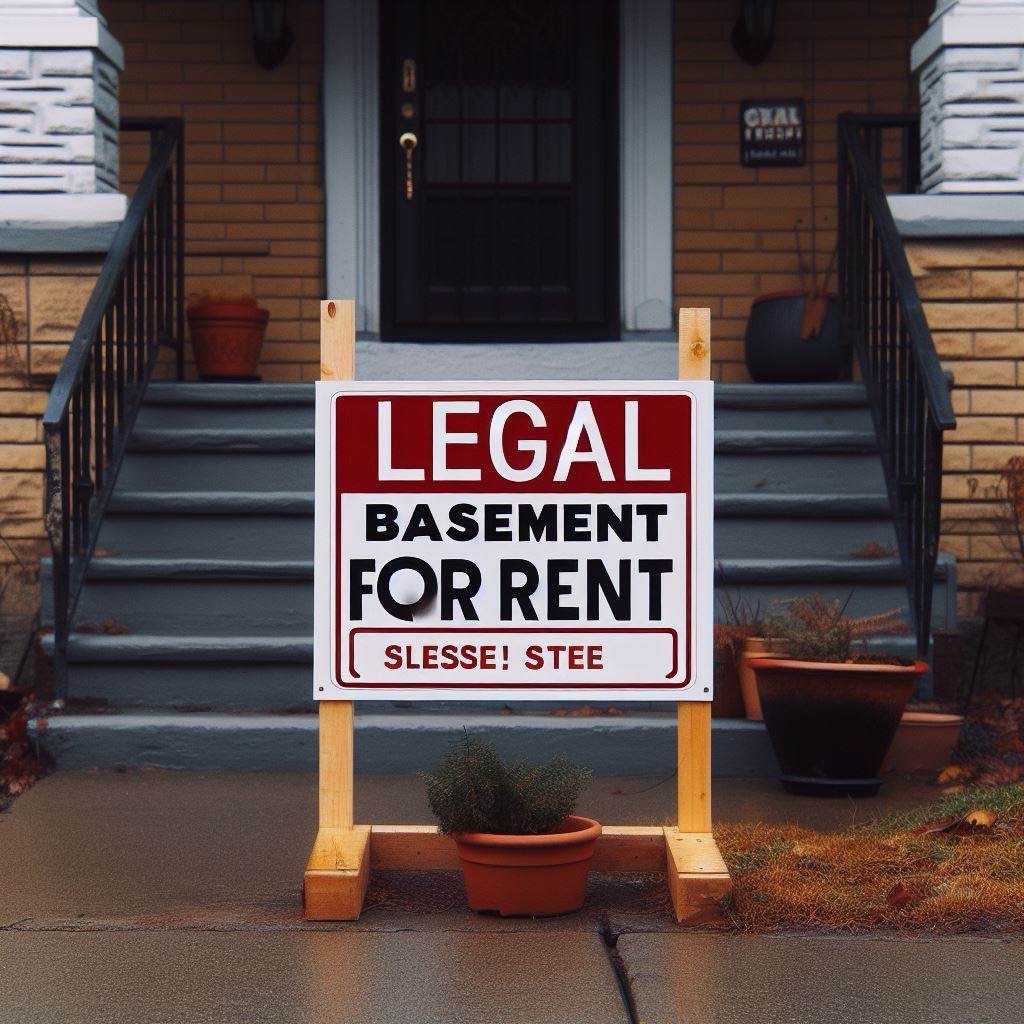Understanding and budgeting for monthly expenses is a crucial aspect of adapting to life in Canada, particularly in cities like Brampton, known for its diverse population and vibrant community. Let’s delve into the various facets of monthly expenses to provide newcomers with a comprehensive guide.
1. Housing Costs:
• Brampton’s housing market comprises a mix of rental and ownership options. Monthly expenses vary based on whether you rent an apartment or own a home. Rent for a one-bedroom apartment can range from CAD 1,500 to CAD 2,000, while mortgage payments vary based on property value and interest rates.
2. Transportation:
• Public transportation in Brampton is facilitated by buses operated by Brampton Transit. A monthly transit pass typically costs around CAD 128. If you own a car, factor in expenses like fuel, insurance, and maintenance.
3. Groceries:
• Grocery costs depend on lifestyle and dietary choices. On average, a monthly grocery bill for one person can range from CAD 300 to CAD 500. Exploring local markets and sales can help manage these costs.
4. Utilities:
• Monthly utility bills encompass electricity, heating, cooling, water, and internet. Expect to allocate around CAD 150 to CAD 200 for these services, although actual costs can vary based on usage.
5. Health Insurance:
• Canada has a public healthcare system, but newcomers need to consider private health insurance until they become eligible for provincial coverage. Monthly premiums can range from CAD 50 to CAD 100, depending on coverage.
6. Mobile Phone and Internet:
• Communication is essential, and costs for mobile phone plans and internet services typically range from CAD 50 to CAD 100 per month.
7. Dining Out and Entertainment:
• Brampton offers a diverse culinary scene, and dining out can be an enjoyable experience. Allocate around CAD 200 to CAD 300 per month for occasional restaurant visits and entertainment.
8. Clothing and Personal Items:
• Budgeting for clothing and personal items depends on individual preferences. On average, allocate around CAD 50 to CAD 100 per month.
9. Education and Childcare:
• For those with children, consider expenses related to education and childcare. Costs vary, and it’s essential to research local options and associated fees.
10. Miscellaneous Expenses:
– It’s wise to set aside a buffer for miscellaneous expenses, emergencies, or unexpected costs. Allocate around CAD 100 to CAD 200 for unforeseen circumstances.
Navigating monthly expenses in Brampton requires careful planning and adapting to the local cost of living. Regularly reviewing and adjusting your budgeting based on your evolving needs and lifestyle is key to financial stability in your new Canadian home.






